Friends of attract: Banjo Harris Plane from Good Pair Days
TLDR: When tech meets wine, incredible things happen.
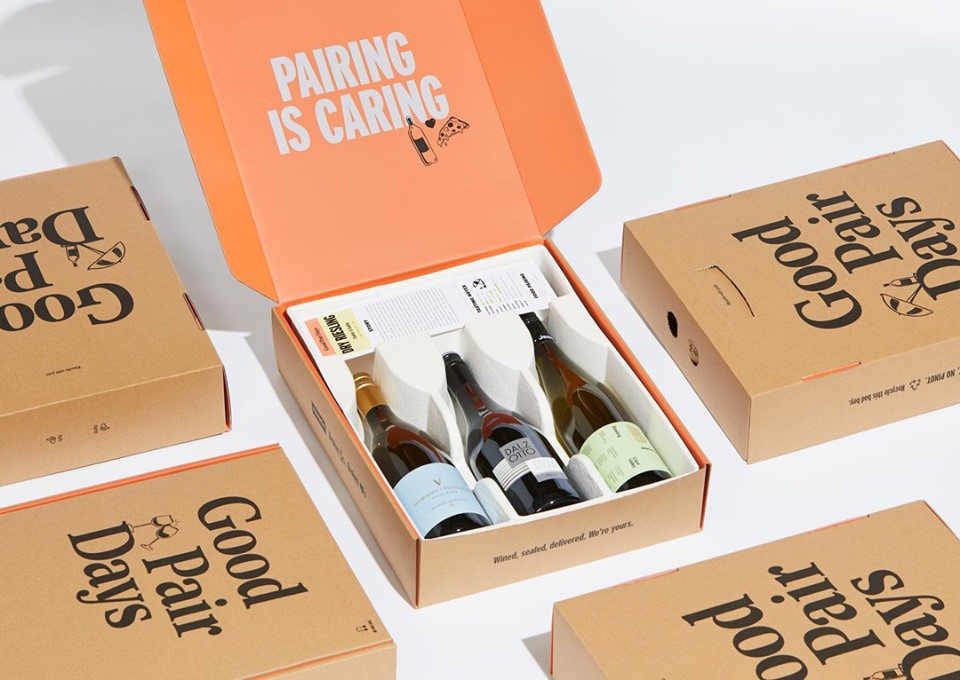
Truth be told, our ancestors have been drinking the fruit of the vine for not just thousands, but millions of years.
There’s no doubt about it, humans have a love affair with wine ❤️
Lucky for us, we have access to Good Pair Days as the ultimate wine matchmaker. Imagine having a personal sommelier at your fingertips (quite literally, there’s an app!) to ensure that every purchase is matched to your personal palate. Not only will they help guide your decision-making process, but also expand your horizons and introduce you to little-known wines you wouldn’t normally choose for yourself?
I sat down with Banjo Harris Plane, co-founder of Good Pair Days and three-time Australian Sommelier of the Year to chat about the journey so far…
What was the riesling behind the idea?
Tom Walenkamp, our other co-founder was studying his Masters of Business in Fontainebleau in France and was surrounded by people who seemed to have an intuitive understanding of the world of wine. From different grape varieties to different regions, to which wines pair with what kind of food and in Tom’s words, he said that “he felt like a bit of a buffoon”.
He felt that there was a gap between him and the french whose second language seemed to be wine and so, he came back to Australia with a newfound interest and a drive to bridge the gap between ‘buffoon’ and connoisseur.
Tom started developing a feeling that perhaps Australians didn’t necessarily know as much as they could about wine because the retail experience was confusing and intimidating. If you walk into a bottle shop right now, there are thousands of products available to you, all at slightly different prices with no real indications of quality or even someone on hand that could easily explain to you why you might like certain things.
“Turning up to a shop wanting a bottle of wine and being presented with thousands of options is just insane. It goes against so many simple sales techniques.”
So we really wanted to make it easier to understand what wine you enjoy and why you enjoy it and with that kind of data in mind, be able to make expert recommendations to other wines for you to try.
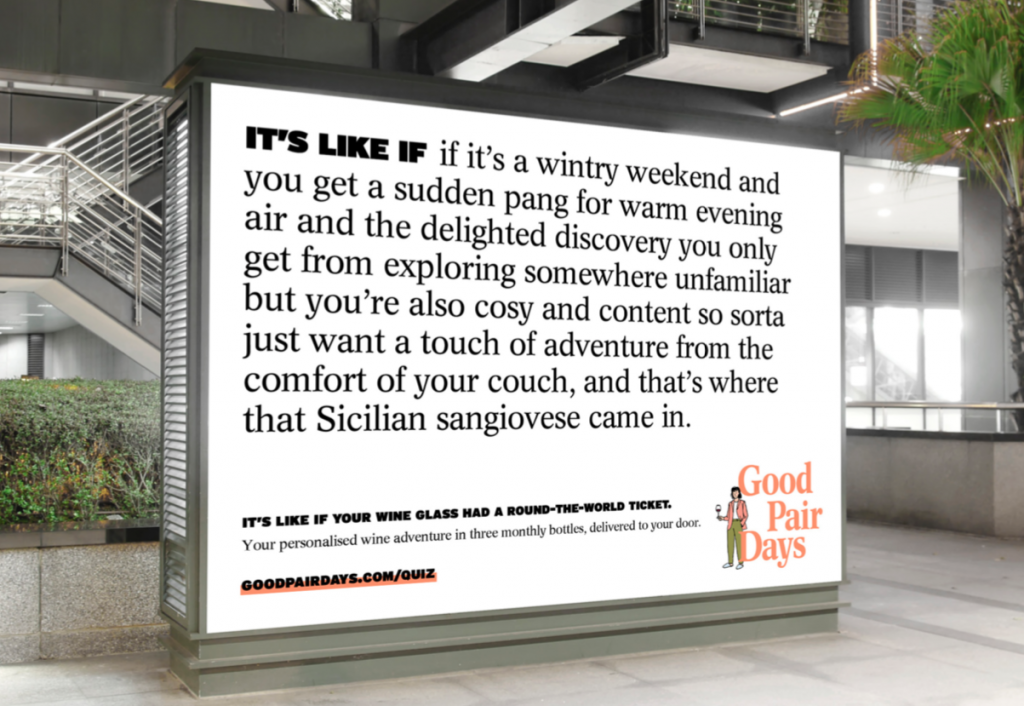
And how did the idea turn into a business? ?
We actually started out as The Wine Gallery. As part of our service, we would provide cards with information on the particular wine and a recipe that would pair well with it but our main goal, that we thought would make us stand out was around the speed of delivery. We’d have couriers come in the morning, pick up inventory, drive around metropolitan Sydney and re-route their journey as orders came in. Although we were hitting the delivery times very efficiently, we quickly realised that it wasn’t going to be scalable.
That’s when we made the decision to build a custom, personalization engine to recommend wines using technology. After raising capital in 2018, we had a lot of new features coming out and so we decided to take the opportunity to essentially re-launch the company. Although The Wine Gallery served us well, it’s also a relatively generic name and has been trademarked many times over so it was important we had a unique name to reflect our brand going forward as we expanded into new markets.
Post re-brand, customers now start the journey with a fun palate profile quiz which sets a foundation for what wines get suggested to you. As you then rate the bottles, the engine learns more about you your preferences. You can choose to interact as much or as little as you like with your monthly delivery – read the tasting notes, take the taste test challenge, follow the suggested food pairings and try the recipes, or simply enjoy that wine and move on.
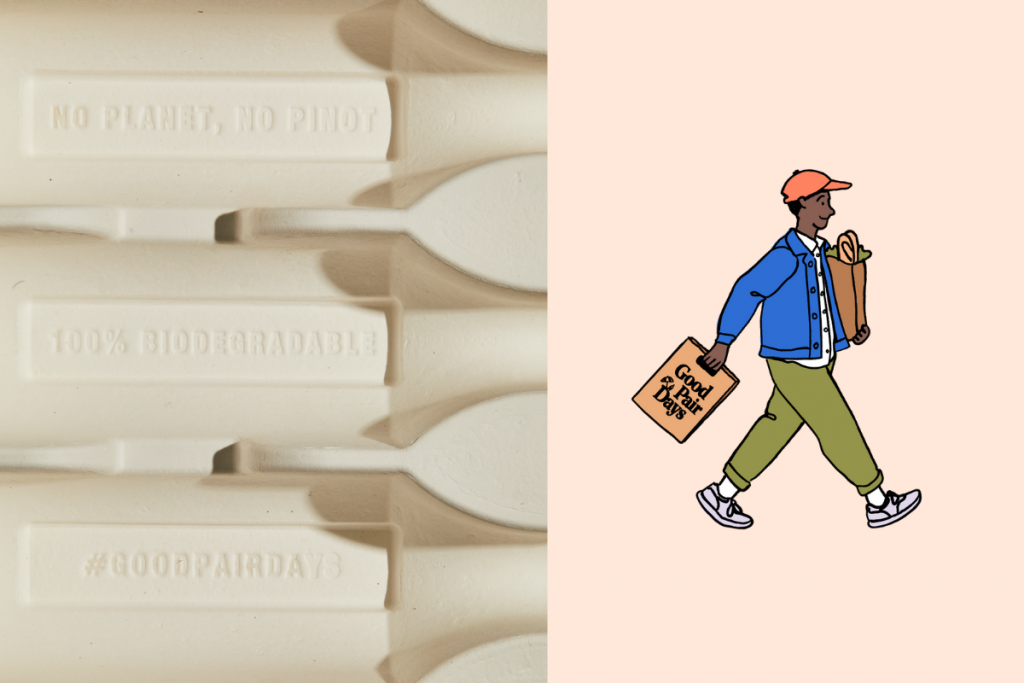
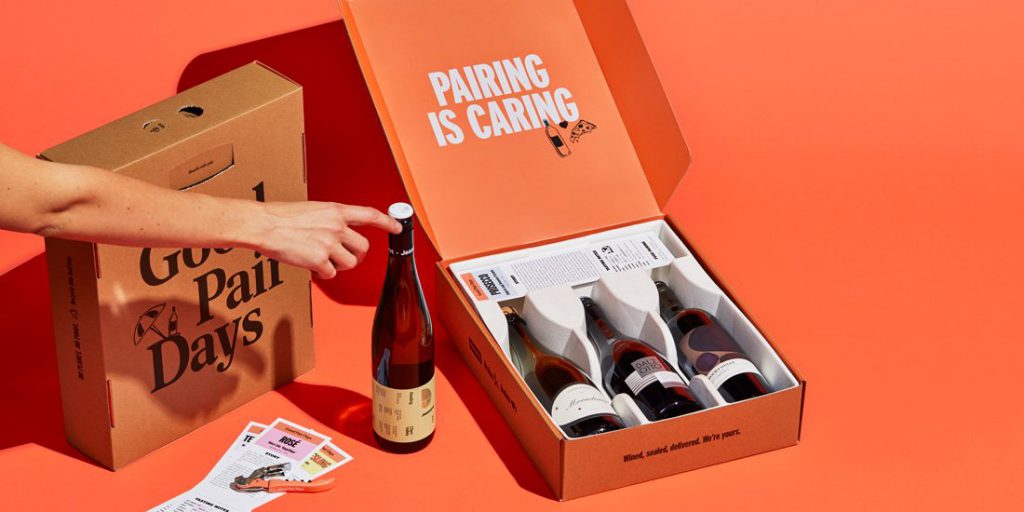
Now, back to the genius or I should say geniuses behind GPD… ? I hear there are three co-founders, what’s the story behind that?
Tom had the original idea but didn’t know enough about wine and so he was pitching the idea to anyone and everyone before he started building to validate the idea and so when one of our mutual friends introduced him to me, I jumped at the idea. Up till then, my whole professional career was working as a sommelier and explaining to people what different wines taste like, why they liked certain wines and exploring the idea of taste and using in essence data points from different wines such as flavours, acidity, and texture to make recommendations. So for me, it was just an expansion of my existing skill-set being applied in a different field.
We did the first 10 months just the two of us but we soon realized that to build any form of a recommendation engine to support the idea that we had, we needed some serious tech fire-power behind us.
We posted job ads but it was through Tom’s networks that we met Beto de Castro Moreira who is now our CTO and third co-founder.
At the time, Beto was still working full time for the first couple of months and was working on GPD after work but once we started building revenue, he was able to come on full time.
Finding co-founders is one of the hardest parts of building a startup so it’s important you find dedicated and passionate people. What about hiring for the rest of the team? ?
Bringing on new people in a startup is critical for any business.
At GPD, we make sure we don’t just look at candidate’s past achievements because we’ve learned that people can look amazing and accomplished on paper, but when you’re hiring for a startup, those aren’t necessarily the important traits you look for.
Rather, you need to be hiring people who have the desire to build things, are willing to get their hands dirty and work hard. You need to build a team who are all very driven and happy to be autonomous in their role.
In terms of sourcing candidates, Tom has built great relationships with founders around Sydney and so we’re lucky in the sense that we can ask for referrals and intros for key hires but our most interesting hire was through social media!
Alex Anderson, who is now our community manager was previously working in North America. She’s a micro-influencer in the wine space so we had reached out to her to do some work for us in the influencer marketing space but then a couple of months later, she reached back out to us and told us that she was thinking of moving to Sydney and asked if we had any work available. At the time we were looking for a wine buyer and someone to handle all the community outreach and events and so she seemed like the perfect fit. In the end, we ended up tailoring the role to fit her as she had a background in graphic design and it would have been foolish to ignore that side of her talent.
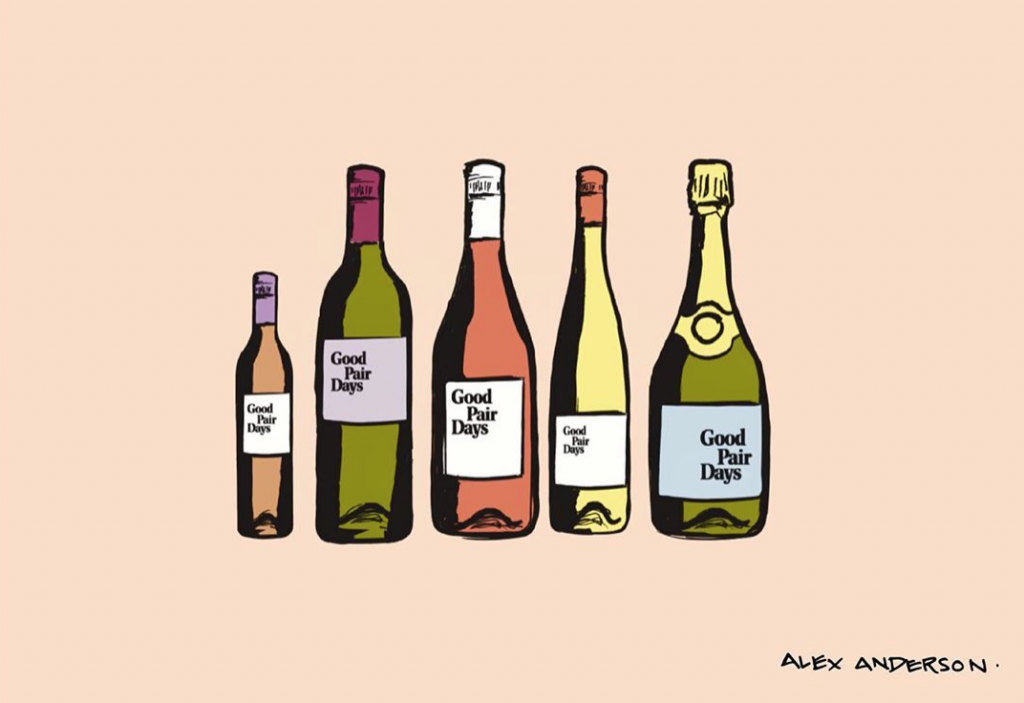
Although Alex’s hire was pretty unique, essentially it was a relationship that was created and then nurtured organically. When the timing was right, and she was looking for a new opportunity, we were at the front of her mind and for us, she was the perfect candidate. Win, win situation.
That’s the best kind of hire in our books! So GPD is bringing wine culture to the world but what about team culture? How do you guys maintain that considering part of your team works remotely? ✈️
To ensure that those who work remotely and those who are at the main office in Sydney are all marching to the same beat, we ensure communication is at the forefront of what we do. We have a hands-on team meeting on Friday where everyone participates and we also do one on one catch ups every week. We try not to make any of them too formal because it’s not about constantly having them under review. Rather, it’s about being proactive and ensuring that they’re aligning their work with who we are, where we want to be and that they’re happy in their role.
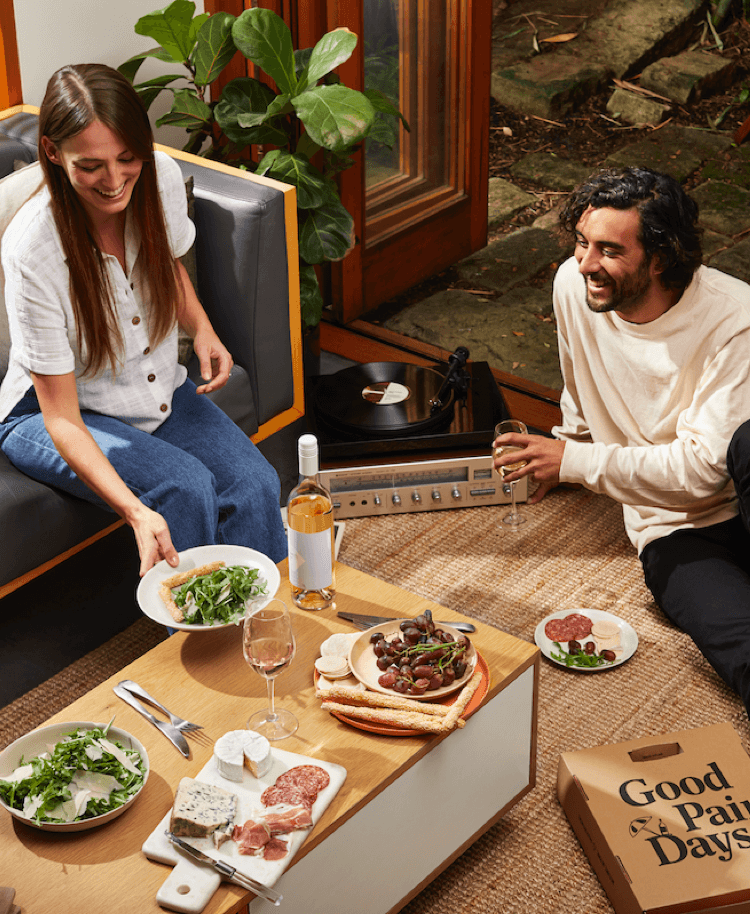
Communication is absolutely critical for any team ✔️ Final question. For those founders that are still at the beginning of their journey, what’s one piece of advice you’d give them?
When I started with GPD, I had just started a fine wine importing business of my own and was working as a sommelier as well. I was juggling the three around quite well for a while but then you just realise the velocity of your work changes and the time required for each project increases. Eventually, you just don’t have enough time for everything.
It’s natural for those with an entrepreneurial spirit to want to say yes to everything but the lesson for me was to not spread myself to thin and try to do everything.
I ended up selling my other business and putting all my interest in GPD and coincidence or not, we’ve seen a real increase in sales and growth. I think in order to create something of value and build a fantastic business, you need to sacrifice other things to be able to focus on doing that.